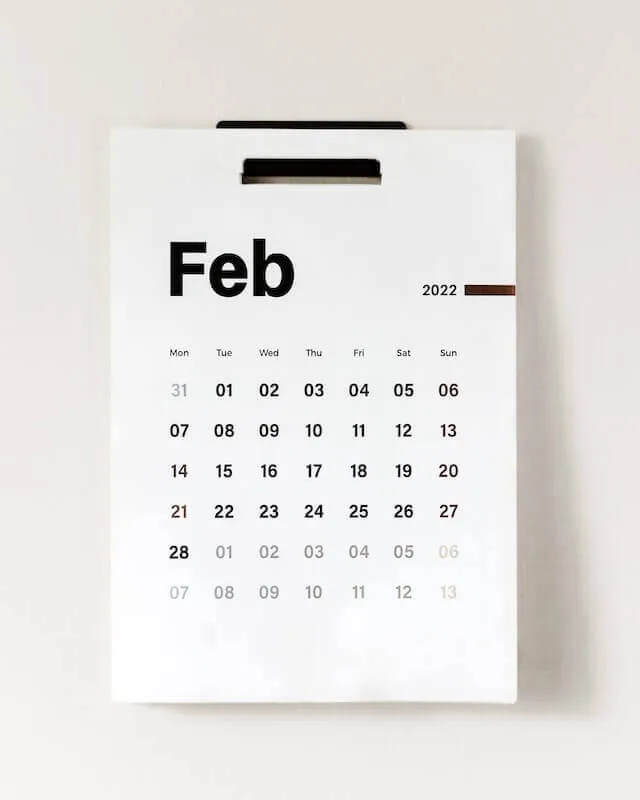 Dates
Dates
Lesson thirty-three

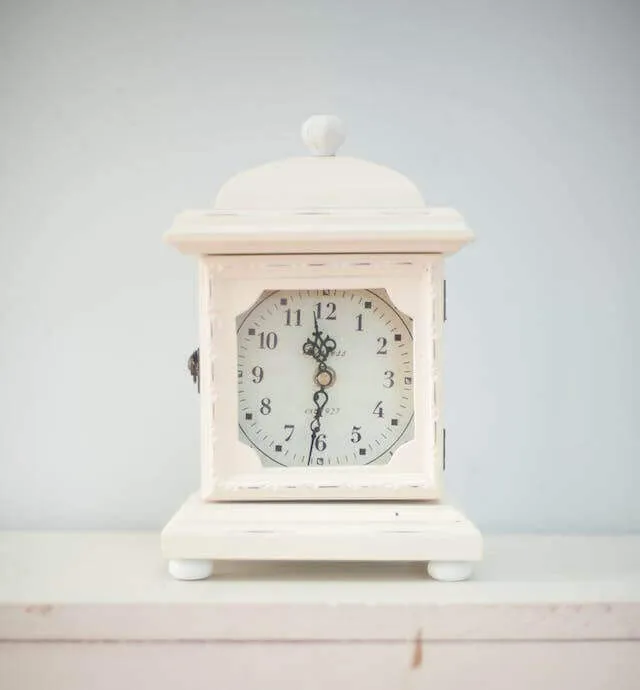
Lesson thirty-two
Being able to tell the time is an essential skill for daily communication in Italian. Whether you're arranging an appointment, asking about a shop's opening hours, planning a meeting with friends, or simply making small talk, knowing how to express time correctly will make your conversations smoother and more confident. In this guide, we’ll go through all the basics of asking and telling the time in Italian, including hours, minutes, half and quarter past, approximate times, and vocabulary related to time.
In Italian, there are two common ways to ask for the time. Both are widely used and understood in everyday conversation:
Che ora è?
What time is it?
This form uses the singular ora (hour) and is very common in spoken Italian.
Che ore sono?
What time is it?
Here, the plural ore (hours) is used. Both forms are interchangeable, so you can choose whichever feels more natural.
When telling the time, Italian usually requires the definite article le before the hour, except for one o'clock, which uses l’ with an apostrophe. Here are some examples:
Sono le due.
It is two o'clock.
Sono le tre.
It is three o'clock.
Sono le cinque.
It is five o'clock.
For one o'clock, the correct form is:
È l’una.
It is one o'clock.
To specify minutes past the hour, use e (and) followed by the number of minutes:
È l’una e venti.
It’s one twenty.
Sono le tre e cinque.
It’s three oh five.
Sono le due e dieci.
It’s two ten.
To express the time as minutes to the next hour, use meno (minus):
È l’una meno cinque.
It’s five minutes to one.
Sono le due meno dieci.
It’s ten minutes to two.
Sono le otto meno venti.
It’s twenty minutes to eight.
Italians often use un quarto (a quarter) and mezza (half) to describe 15 and 30 minutes past the hour:
È un quarto.
It’s a quarter past the hour.
È mezza.
It’s half past the hour.
Sono le due e mezza.
It’s two thirty.
Sono le cinque e mezza.
It’s five thirty.
Sono le tre meno un quarto.
It’s a quarter to three.
Sono le dieci e un quarto.
It’s a quarter past ten.
Another way to express half to an hour is using meno trenta (literally thirty to):
L’una meno trenta.
It’s twelve thirty.
Le tre meno trenta.
It’s two thirty.
Mezzogiorno = midday, 12:00 PM
Mezzanotte = midnight, 12:00 AM
Io ho pranzato a mezzogiorno.
I had lunch at noon.
Sono tornata a casa a mezzanotte.
I returned home at midnight.
To clarify the part of the day, use di plus the period of the day:
Sono le tre del pomeriggio.
It’s three in the afternoon.
Sono tornata a casa alle due di notte.
I returned home at two in the morning.
To ask at what time something occurs, use A che ora? and reply with alle plus the time:
A che ora è la partita?
At what time is the game?
È alle otto e un quarto della sera.
It’s at eight fifteen in the evening.
Domani mi sveglio alle sette.
Tomorrow, I wake up at seven.
Inizio a lavorare alle otto.
I start working at eight.
Io e Alice ci troviamo alle sei e mezza.
Alice and I meet at six thirty.
Ho un appuntamento alle tre.
I have an appointment at three.
To indicate an approximate time, use verso (around):
Verso le dodici.
Around twelve.
Verso l’una.
Around one.
Ieri sono rientrata verso le due.
Yesterday, I returned around two.
Ci troviamo verso le cinque?
Shall we meet around five?
Ha iniziato a piovere verso le tre.
It started raining around three.
Here is some useful vocabulary for talking about time in Italian:
Ti ho aspettato per un'ora.
I waited for you for an hour.
Puoi aspettare un minuto?
Can you wait for a minute?
La canzone dura un minuto e trenta secondi.
The song lasts one minute and thirty seconds.
Ho studiato per un quarto d’ora.
I studied for a quarter of an hour.
Telling time in Italian involves a few key steps: asking the time with Che ora è? or Che ore sono?, using le before the hour, expressing minutes with e or meno, and using terms like un quarto and mezza for quarters and halves. You can specify the part of the day with di mattina, di pomeriggio, di sera, and di notte. For approximate times, verso comes in handy. Knowing related vocabulary like minuto, secondo, and mezzora will also make your conversations more precise. With practice, asking and telling time in Italian will become second nature!
 Dates
Dates
Lesson thirty-three
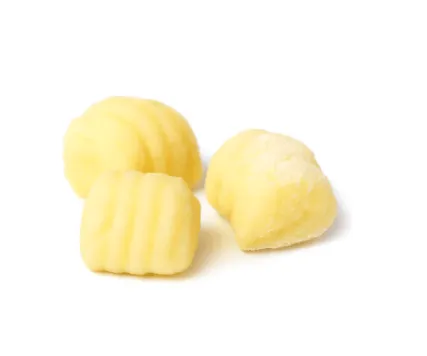 Conjunctions
Conjunctions
Lesson thirty-four
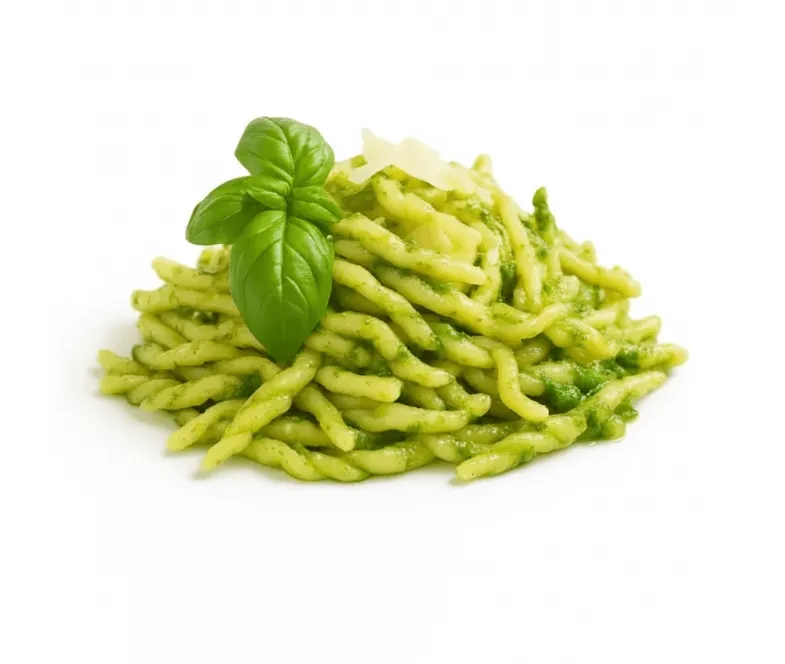 Adverbs
Adverbs
Lesson thirty-five
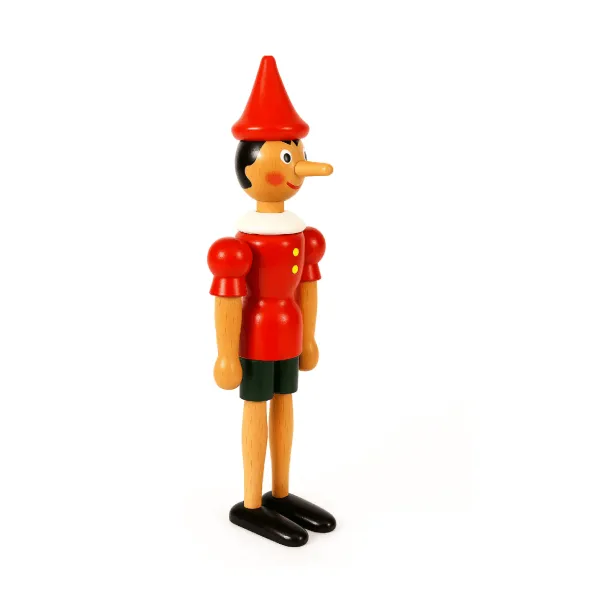 Future tense
Future tense
Lesson thirty-six
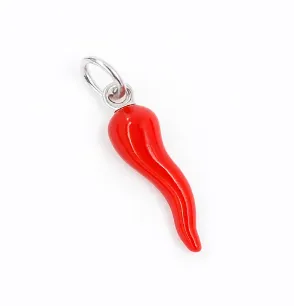 Imperative
Imperative
Lesson thirty-seven
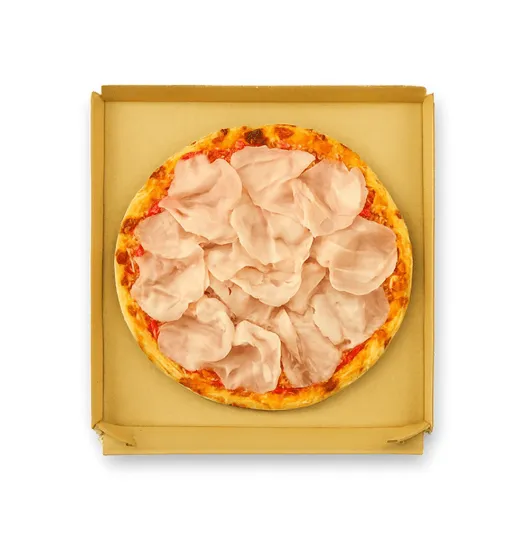 Conditional
Conditional
Lesson thirty-eight